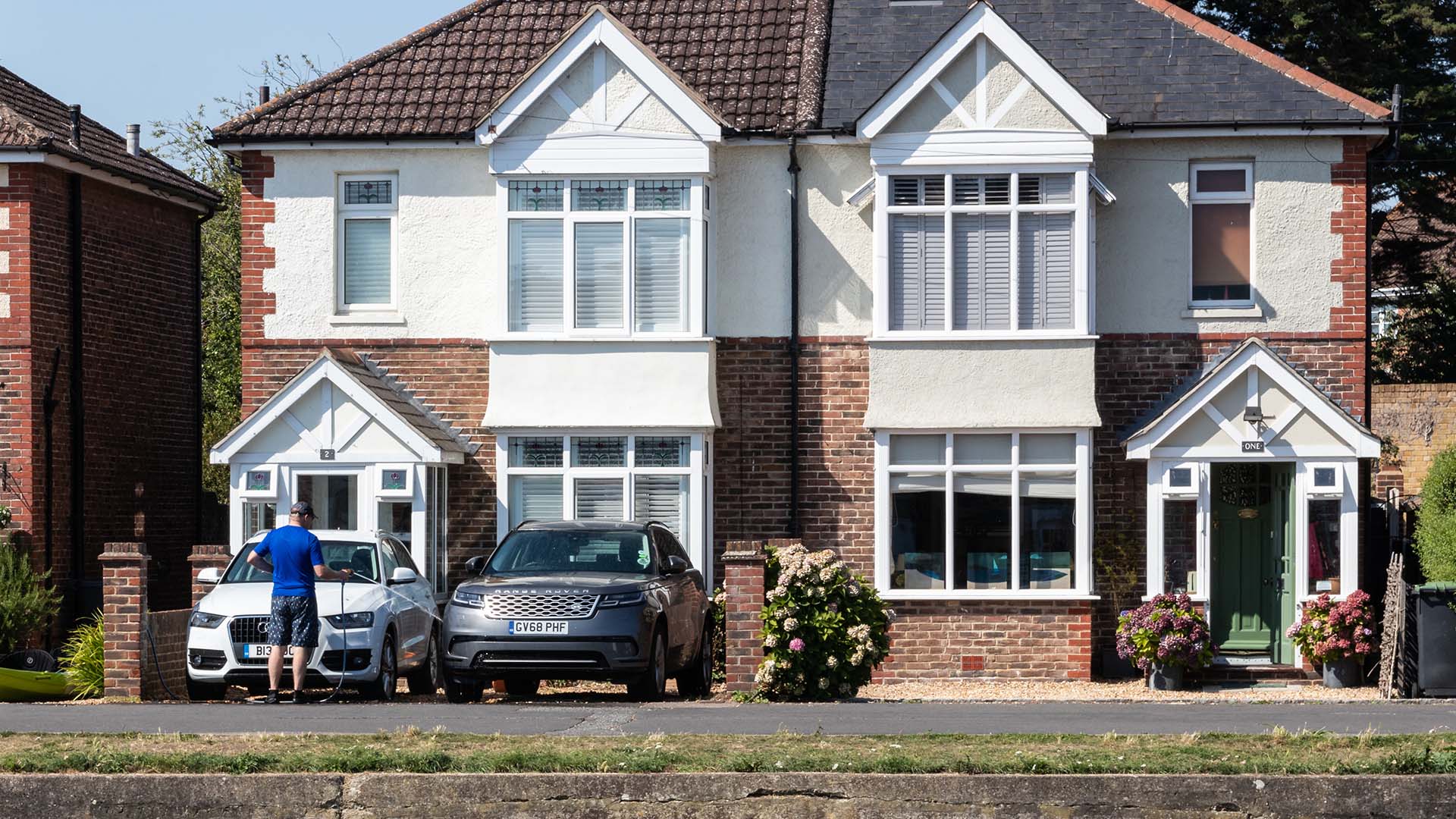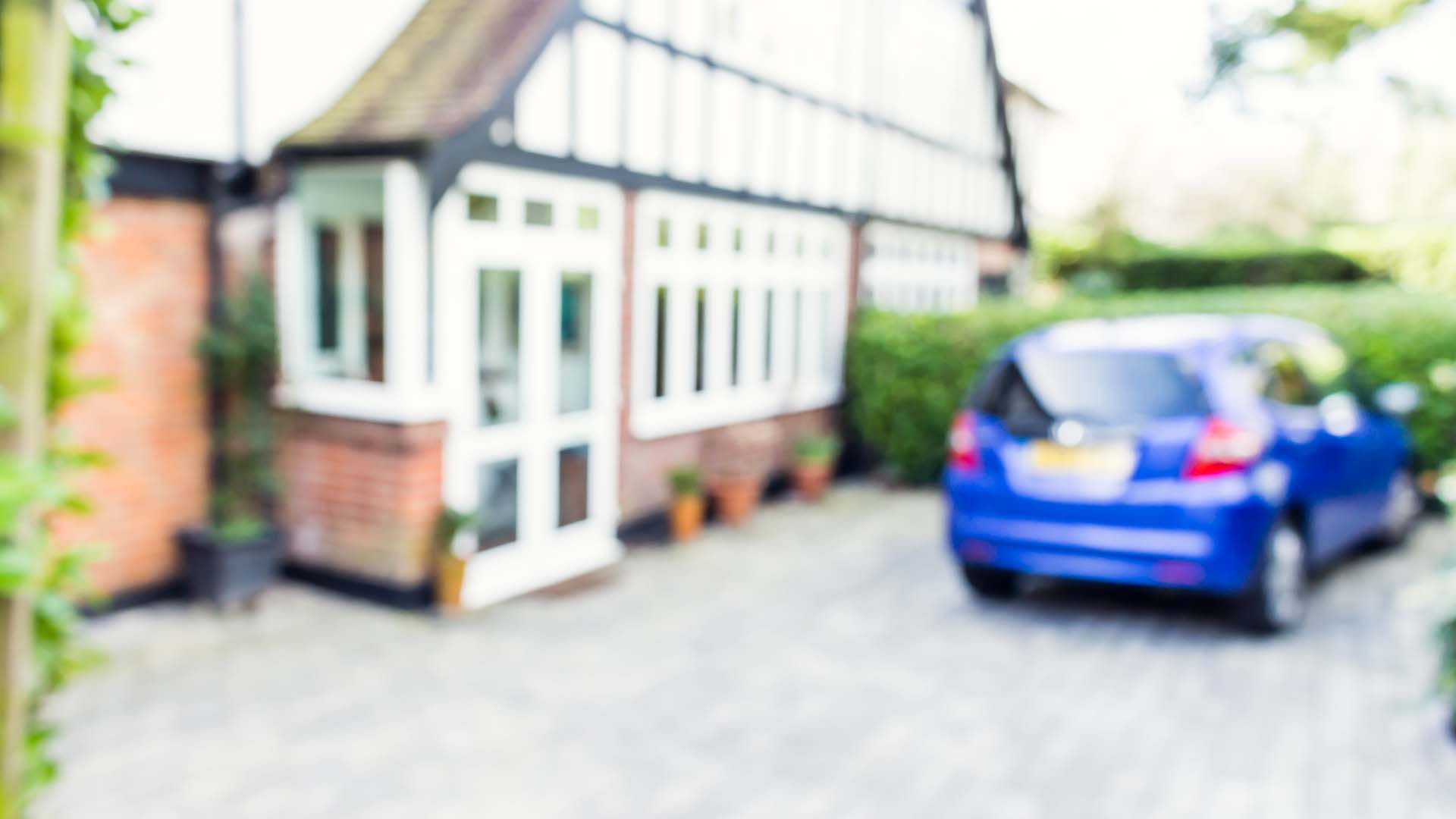
There are a number of things you need to consider to keep your car in good condition during the coronavirus lockdown.
We’ve explained how to maintain your car tyres when not in use, but what about the battery and brakes?
Kia has published guidance on what actions to take if your car won’t be moving for a while. The advice includes specific guidance for hybrid vehicles.
Seven top tips for the lockdown

- Ensure that the car’s doors and tailgate are shut. Also make sure the interior lights are switched off and you’ve secured the vehicle with the remote transmitter.
- Avoid running a petrol or diesel engine for short periods. It is preferable to keep it running until full temperature is achieved – refer to the water and oil temperature gauges.
- Charge the 12v battery at regular intervals – fortnightly is recommended. Alternatively, use a trickle charger, as this will maintain the health of the battery.
- If you don’t have a battery charger, leave the engine to idle for 20 minutes, switching off unnecessary electrical items. That said, we’d recommend running the air conditioning for a few minutes to maintain the health of the system.
- If you have a flat battery, recharge it using a charger. If you use jump leads, refer to the vehicle handbook for specific advice. Damage to the stop-start system can occur if you fail to follow the instructions.
- For electric and plug-in hybrid models, it is recommended that the high voltage battery is left in a fully charged state.
- Specific advice for the Kia Niro hybrid: on no account should a charger, jump pack or jump leads be attached to the vehicle. Instead, use the battery reset switch. Refer to the vehicle handbook.
Kia is also keen to point out that surface corrosion on the brake discs is normal. Initial brake resistance will occur when you pull away, but will clear after a few brake applications.
We’d recommend keeping an eye on your car’s bodywork. Bird droppings can damage the paintwork if left untouched, so remove them when you spot them.
It’s worth remembering that MOTs for cars, motorcycles and light vans due from 30 March 2020 have been granted a temporary six-month exemption. Click here for more details.
ALSO READ
Amazing wood-carved cars are the perfect lockdown project
Bluetooth is changing how we interact with cars
Tyre pollution could be 1,200 times WORSE than exhaust emissions